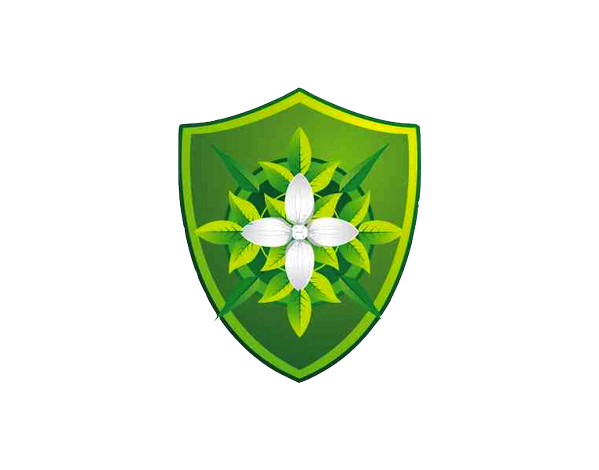Science 2 A/B
Science is a process of understanding the natural world. Segment A of Science 2 begins with an introduction to the scientific process. Students will learn to observe and ask questions, formulate a hypothesis, collect and analyze data, and then make a conclusion after experimenting. They will use this process in the course as they study eco-systems, biomes and food webs. Students will come to understand that living things depend on their habitat to meet their basic needs. Aquatic, terrestrial and human-made ecosystems consist of diverse living and non-living components that change over time and among geographic areas. Sustainable use of natural resources is essential to provide for the needs and wants of all living things now and in the future.
Segment B of Science 2 teaches students that all living things are made of parts that have specific functions, but different characteristics of plants and animals help some populations survive and reproduce in greater numbers. Students also learn that matter is everything around you. Matter is made from atoms, tiny building blocks. Everything in your world and the universe is made of matter. They also learn that energy can be found all around us, and that energy comes in many different shapes.
PRE-REQUISITES: None
ESTIMATED COMPLETION TIME: 32-36 weeks or approximately 125 – 135 hours
MAJOR TOPICS AND CONCEPTS — SEGMENT A
Science Processes
Lesson 1- Questions in Science
Lesson 2- Making an Observation
Lesson 3- Collecting Information
Lesson 4- Science Experiments
Lesson 5- Making a Conclusion
Ecosystems
Lesson 1- Ecosystems
Lesson 2- Non-living Parts of an Ecosystem
Lesson 3- Living Parts of an Ecosystem
Lesson 4- Biomes
Lesson 5- Food Chains and Food Webs
Water and Conservation
Lesson 1- Different Types of Water
Lesson 2- Examples of Bodies of Water
Lesson 3- Water Cycle
Lesson 4- Watersheds
Lesson 5- Pennsylvania Watersheds
Lesson 6- Water Conservation
Forces
Lesson 1-What is a Force?
Lesson 2- Different Kinds of Force
Lesson 3-Types of Force
Lesson 4- Big and Little Forces
MAJOR TOPICS AND CONCEPTS — SEGMENT B
Life
Lesson 1- All Living Things Share Basic Traits
Lesson 2- What Life Needs
Lesson 3- Specific Functions of Living Things
Lesson 4- Living Things’ Growth & Development
Lesson 5- Reproduction of Living Things
Plants & Animals
Lesson 1- Plants
Lesson 2- Basic Parts of Plants
Lesson 3- Differences between Plants and Animals
Lesson 4- Life Cycles of Plants and Animals
Lesson 5- Plant and Animal Reproduction
Lesson 6- Survival Traits in Animals
Matter
Lesson 1- Matter
Lesson 2- Collecting Information about Matter
Lesson 3- Grouping Matter
Lesson 4- Changes in Matter
Lesson 5- Special Properties of Matter
Energy
Lesson 1- Energy
Lesson 2- Energy Changes
Lesson 3- Heat Energy
Lesson 4- Sound Energy
Lesson 5- Energy & Work
